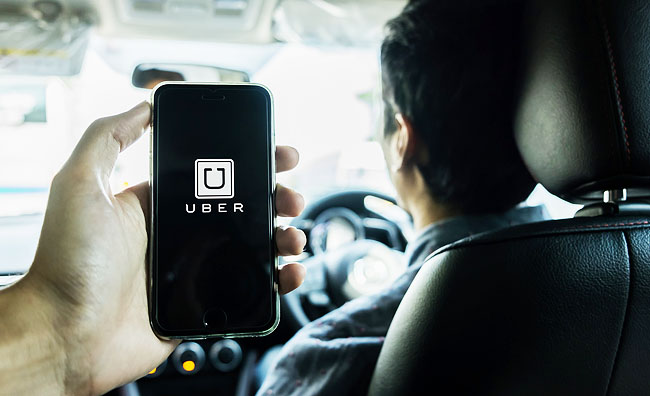
Uber’s had a tough year. After starting the year with a price-gouging scandal and having its wide-ranging history of sexual harassment made public, Uber is ending the year with a newly installed CEO and a series of legal setbacks. In multiple cities around the world, Uber has stopped service or been forced to operate under the the same regulations as transportation companies. In yet another legal loss, the European Court of Justice has ruled that Uber is a transportation company, not an information sharing service helping people to connect.
While this decision now means that Uber must adhere to the same rules as taxi companies, a company spokesperson told the BBC that the ruling may have little effect on how Uber operates. The spokesperson did stress, “However, millions of Europeans are still prevented from using apps like ours.” So the ruling may also affect access and the number of customers that Uber can access in the EU. Furthermore, the decision could affect similar companies (like Lyft, Postmates, or Airbnb) that are also trying to get governments and courts to recognize them as “apps on a phone” instead of being classified by what services they provide, be they ride-hailing apps or otherwise.
While the regulation can be scary, it’s led to improvements in other industries already. Experts point to traditional London taxis beginning to accept credit cards in response to Uber as a positive development. However, the real positives of the ruling will be increased competition and improved pricing for consumers. “Many people see the EU is actually leading the way in pushing back the almost unlimited power of tech firms and beginning to provide some limits around that,” Cass Business School professor Andre Spicer, told the BBC. He added, “This judgement will allow normal competition.”
(Via BBC)
